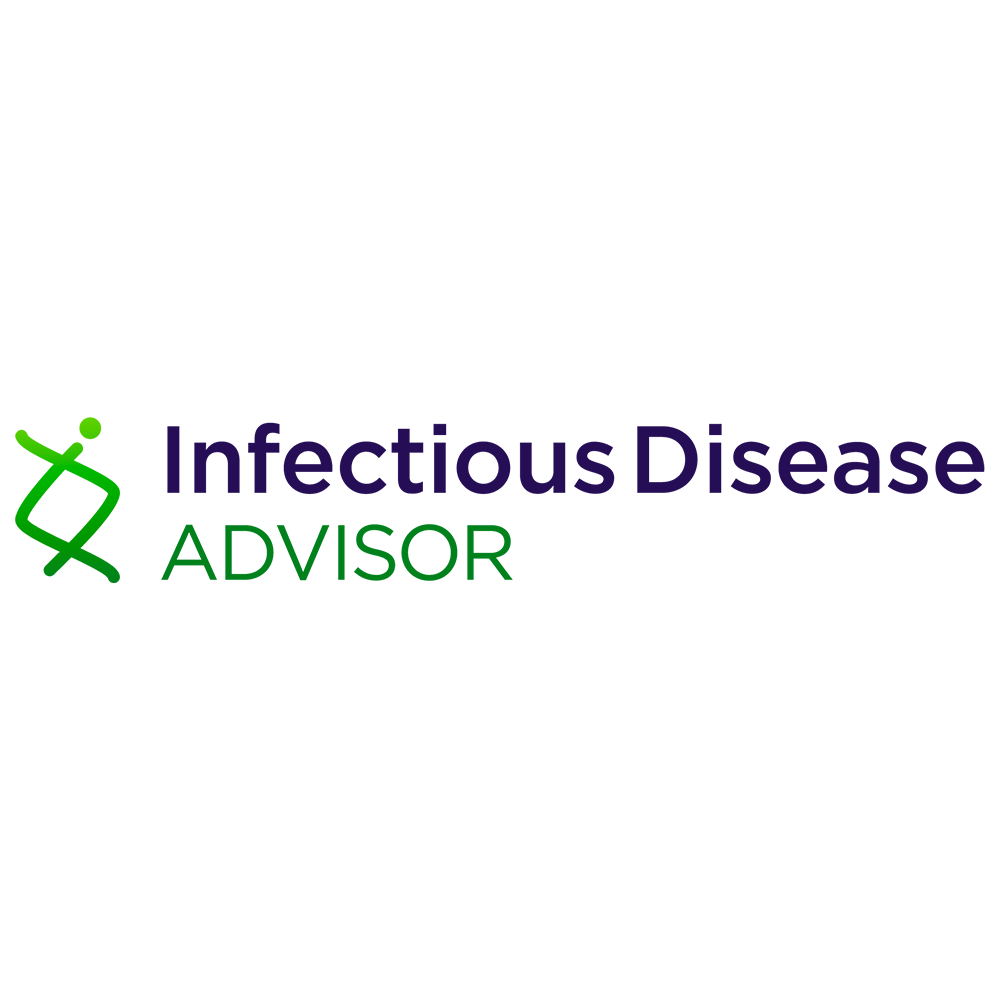Infection
Risk Factors for Methicillin-Susceptible S aureus Colonization, Infection Among Infants
Results of a surveillance study published in the Journal of Hospital Infection showed that the overall rate of methicillin-susceptible Staphylococcus aureus (MSSA) colonization and subsequent infection is high among infants in the neonatal intensive care unit (NICU), with extremely low gestational age, extremely low birth weight, and vaginal delivery identified as risk factors for colonization.
Researchers examined findings of a retrospective study on the epidemiology and clinical outcomes of MSSA colonization and infection among infants. Data were captured from infants who were admitted to the NICU at Antwerp University Hospital in Belgium between November 2020 and June 2022. Eligible patients included infants who were hospitalized for at least 7 days within 72 hours of birth and had at least 1 MSSA surveillance swab. The researchers evaluated the prevalence of S aureus colonization, the incidence of S aureus infection, as well as associated risk factors. Forward stepwise multivariable nominal logistic regression was used to identify independent risk factors for MSSA colonization and infection, with adjustment for potential confounders.
Among 383 infants included in the analysis, the median gestational age was 32 (IQR, 29-35) weeks, approximately half were boys (52.0%), the median birth weight was 1700 (IQR, 1280-2365) g, and 61.4% were delivered via cesarean section.
A total of 164 (42.8%) of infants were colonized with MSSA during hospitalization, of whom 49 (29.3%) developed subsequent infection. Eleven (22.4%) of the infected infants had invasive infections, including 7 with ventilator-associated pneumonia and 4 with bloodstream infections.
The median time between MSSA colonization and subsequent infection was 8 (IQR 4-19) days, with colonization and infection occurring after a median of 11 (IQR, 7-17) and 21 (IQR, 10.75-31.2) days of hospitalization, respectively. Overall, mortality occurred among 2 (18.0%) infants with invasive infection and no infants with mild infection.
In the adjusted analysis, extremely low gestational age was the most significant risk factor for MSSA colonization (adjusted odds ratio [aOR], 17.5; 95% CI, 4.34-102.0; P <.001). Other risk factors independently associated with MSSA colonization were as follows:
- Vaginal delivery (aOR, 5.41; 95% CI, 1.75-21.8; P <.01);
- Extremely low birth weight (aOR, 3.50; 95% CI, 1.21-10.7; P <.01); and
- Length of Hospitalization (aOR, 0.94; 95% CI, 0.92-0.96; P <.0001).
In regard to the development of MSSA infection following colonization, significant independent risk factors were as follows:
- Prior MSSA colonization (aOR, 27.49; 95% CI, 9.96-100.2; P <.001);
- Extremely low birth weight (aOR, 8.32; 95% CI, 3.19-23.25; P <.0001);
- Intubation (aOR, 2.44; 95% CI, 1.033-5.84; P <.0001); and
- Length of hospitalization (aOR, 0.97; 95% CI, 0.95-0.98; P <.001).
Significant independent risk factors for invasive MSSA infection were as follows:
- Intubation (aOR, 135.0; 95% CI, 7.8-2373.0; P <.001);
- Prior MSSA Colonization (aOR, 20.78; 95% CI, 1.92-224.0; P <.05);
- Extremely low gestational age (aOR, 15.59; 95% CI, 1.39-174.0; P <.05); and
- Length of hospitalization (aOR, 0.95; 95% CI, 0.91-0.98; P <.05).
Limitations of the study include the single-center setting, the retrospective design, and the lack of molecular microbial analysis.
According to the researchers, “Neonates who become colonized with MSSA early in their hospitalization have the highest risk of developing invasive infections, indicating the importance of implementing infection prevention measures during this critical period.”
References:
Mahieu L, Engelen A, Hensels E, Van Damme K, Matheeussen V. Surveillance on methicillin sensitive Staphylococcus aureus colonization and infection in a neonatal intensive care unit. J Hosp Infect. Published online October 17, 2023. doi:10.1016/j.jhin.2023.10.003

